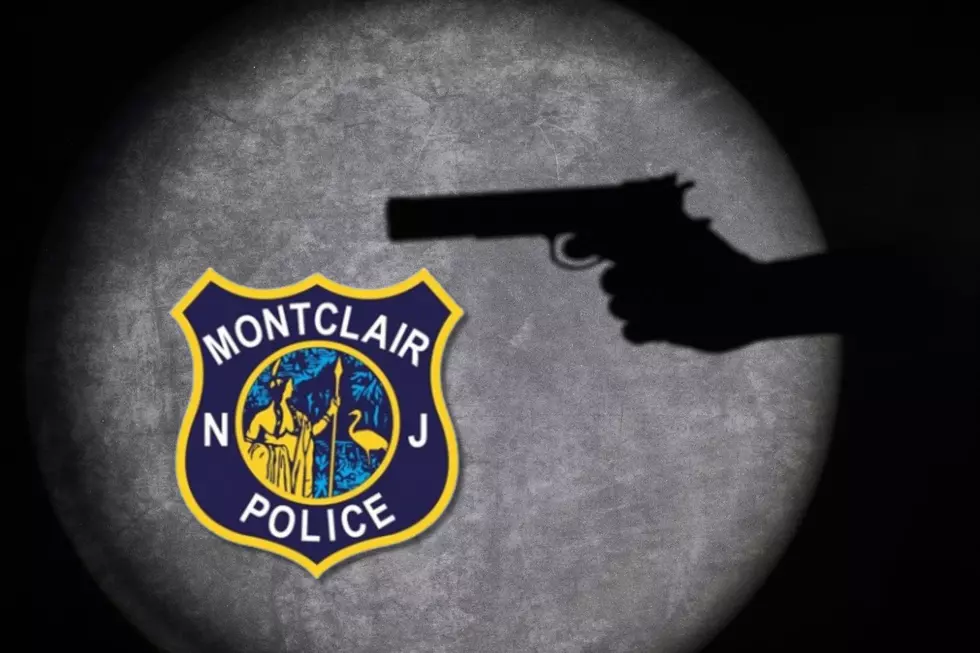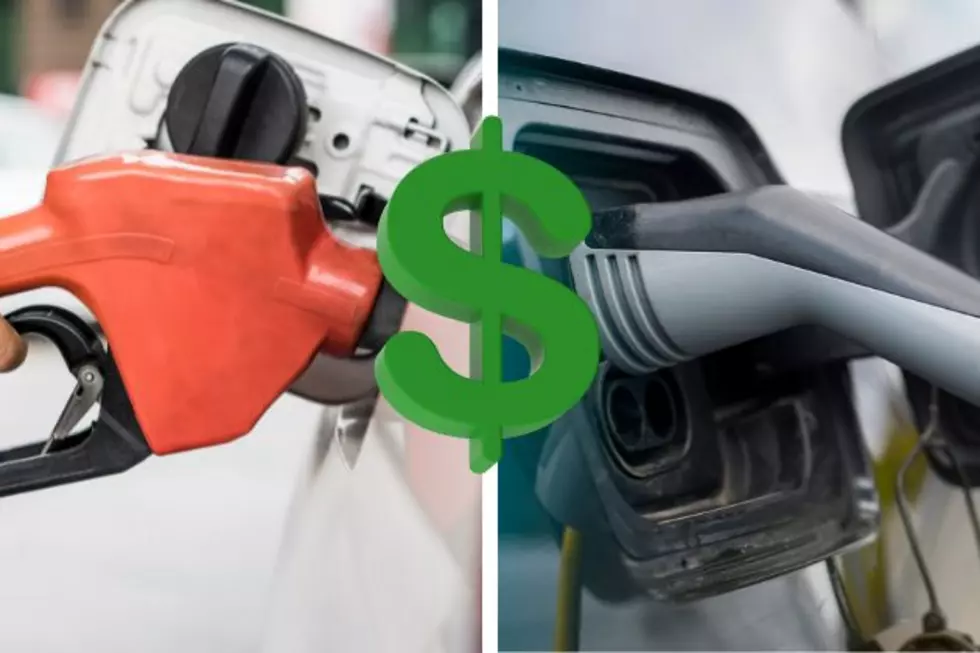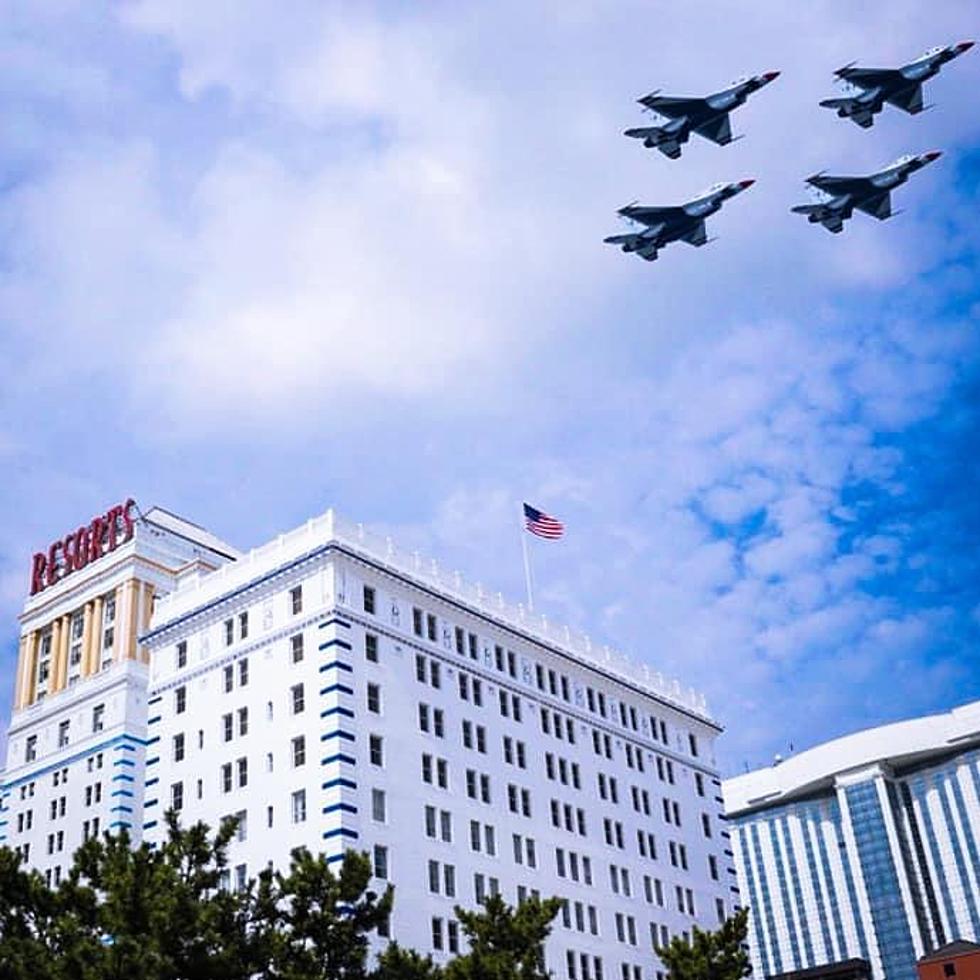
Murphy’s Tax Compromise: Raise ’em All, Just Not as Much
Gov. Phil Murphy proposed a detailed compromise on the 2019 state budget to legislative leaders Tuesday, then outlined it in a letter to other lawmakers, with the deadline for agreeing on a spending plan now four days away.
The proposal – which Murphy called “a significant compromise” from the budget he proposed in March – wasn’t accepted by the Senate president and Assembly speaker, at least not immediately. But the two sides are likely to meet again Wednesday.
Murphy appears to have agreed to a smaller increase in the tax rate on income over $1 million. He originally sought to raise it from 8.97 percent to 10.75 percent but in his letter commits to “a modest increase.”
He also proposed to phase in the proposed increase of the sales tax over two years, rather than one, though still wants to return it to 7 percent from 6.625 percent. It was lowered in two steps, as part of the deal struck by Gov. Chris Christie that raised the gas tax.
Lawmakers didn't advance either of those plans in their $36.5 billion budget but instead opted for a corporate business tax surcharge. Murphy now says he'll agree to that CBT change if it's modified.
He said the surcharge “must be at a rate that does not make New Jersey an outlier nationally, as the bill on my desk currently would.” That bill imposes a 4 percent surcharge on corporate taxes for businesses with profits of $25 million more, bringing the tax to 13 percent, highest in the nation. The surcharge would be 2.5 percent for companies with $1 million to $25 million in profits.
Murphy also said the CBT surcharge must be “in place on a recurring basis to stabilize our finances.”
Sweeney, D-Gloucester, said he is willing to have it last longer than two years, as originally proposed, but does not want to make it permanent.
Assemblyman Michael Patrick Carroll, R-Morris, anticipated with regret that this mix of tax proposals is what the resolution to the budget impasse will resemble.
“I imagine at some point what will happen is all three warring parties will get together and adopt a budget which combined the worst elements of both plans,” Carroll said.
Murphy said in his letter he will accept Assembly Speaker Craig Coughlin’s request for an amnesty program to collect delinquent taxes, as well as his push to restore homestead property tax credits to 2017 levels. He also accepted school-funding formula changes, $195 million in the budget from “savings and efficiencies” and other program funding added by Democratic lawmakers.
Sweeney and Coughlin, D-Middlesex, didn’t immediately accept the plan.
“We submitted a fiscally responsible budget that meets the state’s priorities, makes the investments needed to move the state forward and protects the interests of New Jersey's taxpayers,” the said in a joint statement. “We are reviewing the proposal presented by Governor Murphy at today’s meeting with legislative leaders and we will give his offer full consideration, along with other options we are evaluating.”
Assembly Minority Leader Jon Bramnick, R-Union, criticized the proposed compromise.
“Raising both taxes is not a fair compromise to the most overtaxed people in the country,” Bramnick said. “Both the governor and Democrats in the legislature are increasing spending by billions. There is no reason why state government cannot share the burden with significant cuts to either proposed budget.”
At a news conference earlier Tuesday in Rutherford, Murphy said a government shutdown remains possible as he reviews options for budget vetoes, should an agreement not be reached.
“I would say all options – and I say that honestly – are on the table, sadly,” Murphy said. “Until we break this crazed fever of kicking the can down the road, gimmicks, phantom revenues, phantom savings, all options are on the table. And sadly that includes shutting the state down. So I had a call this morning on that topic as well.”
Murphy’s event was at the train station in Rutherford, in southern Bergen County. In response to a question, he wouldn’t rule out fare hikes for NJ Transit if he feels the budget can’t sustain the proposed increase in the state subsidy.
“I don’t think we could take anything off the table, to be frank with you,” Murphy said. “Particularly if we have to go through this awful process of gutting our expenditures in order to have a fiscally viable budget, I think everyone has to assume that everything is on the table.”
More From WPG Talk Radio 95.5 FM










